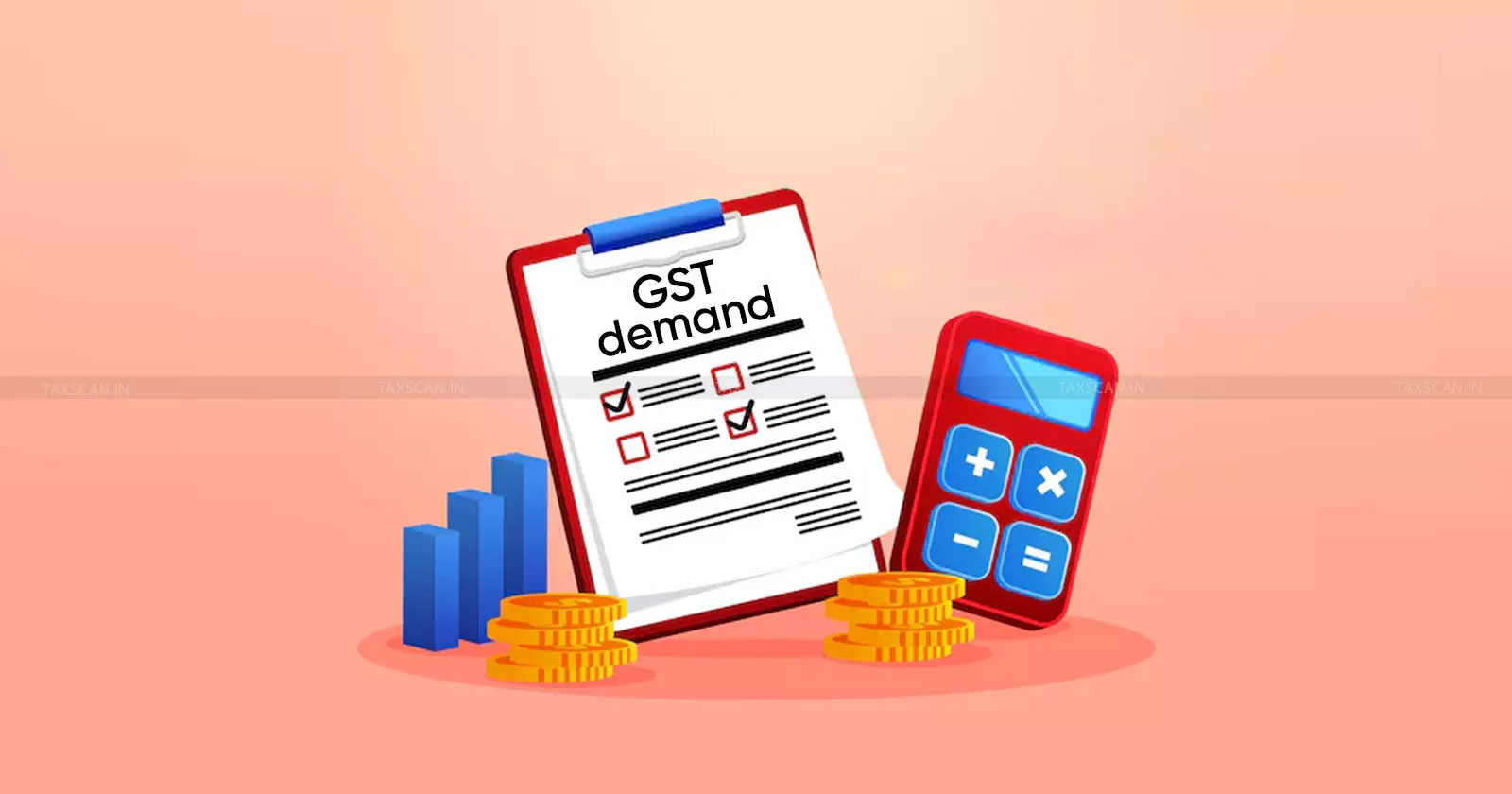Rehabilitating or Renewing Railway Wagons Qualifies as “Original Works”, Exempt from Service Tax: CESTAT [Read Order]
![Rehabilitating or Renewing Railway Wagons Qualifies as “Original Works”, Exempt from Service Tax: CESTAT [Read Order] Rehabilitating or Renewing Railway Wagons Qualifies as “Original Works”, Exempt from Service Tax: CESTAT [Read Order]](https://images.taxscan.in/h-upload/2025/11/18/2106167-cestat-service-tax-railway-wagons-renewing-railway-wagons-taxscan.webp)
The Kolkata Bench of the Customs, Excise and Service Tax Appellate Tribunal (CESTAT), held that the activities such as rehabilitation and renewal of railway wagons fall within the definition of “original works” and are consequently exempt from Service Tax under Notification No. 25/2012-ST dated 20 June 2012.
The appeal was filed by M/s Oscorp Industries Pvt. Ltd., Howrah, against Order-in-Original passed by the Principal Commissioner of CGST & CX, Howrah, which confirmed a Service Tax demand of ₹2,09,91,709 for the period October 2013 to June 2017, along with interest and penalties.
The company, engaged in manufacturing and works contract services primarily for Indian Railways, had been providing wagon rehabilitation and renewal work under various contracts, including complete renewal of walls, flooring, and roofing of BOXN and BCN wagons.
 Also Read:Expiry of GST E-Way Bill Does Not Imply Tax Evasion Intent: Allahabad HC Quashes Seizure Orders [Read Order]
Also Read:Expiry of GST E-Way Bill Does Not Imply Tax Evasion Intent: Allahabad HC Quashes Seizure Orders [Read Order]
Advocate H.K. Pandey, representing the appellant argued that the activities undertaken for Indian Railways amounted to “original works” involving assembly, erection, and commissioning of railway wagons, and were hence exempt under Serial No. 14(a) of Notification No. 25/2012-ST, which is read as:-
“14. Services by way of construction, erection, commissioning, or installation of original works
pertaining to, -
- railways, including monorail or metro;
- a single residential unit otherwise than as a part of a residential complex;
- low- cost houses up to a carpet area of 60 square meters per house in a housing project approved by competent authority empowered under the ‘Scheme of Affordable Housing in Partnership’ framed by the Ministry of Housing and Urban Poverty Alleviation, Government of India;
- post- harvest storage infrastructure for agricultural produce including a cold storages for such purposes; or …”
Further, it was brought into the notice that the same activity had been treated as “manufacturing” under the Central Excise Act, 1944, by the Raipur Commissionerate, and excise duty had been settled under the Sabka Vishwas (Legacy Dispute Resolution) Scheme, 2019, establishing that the process was manufacturing rather than a service.
Subsequently, there is no suppression or intent to evade any tax evidenced by the periodical returns and audits, thereby the invocation of the extended period of limitation is unsustainable under the proviso to Section 73(1) of the Finance Act, 1994.
 Also Read:Madras HC Remits GST Demand to STO for Recomputation Interest on Belated Payment and Review ITC Claims [Read Order]
Also Read:Madras HC Remits GST Demand to STO for Recomputation Interest on Belated Payment and Review ITC Claims [Read Order]
The bench of R. Muralidhar, Judicial Member and K. Anpazhakan, Technical Member held that all types of additions or alterations to abandoned or damaged structures to make them workable are covered under the term “original works”, according to Explanation (1)(a) to Rule 2A of the Service tax (Determination of Value) Rules, 2006, read as:-
“(i) all new constructions;
(ii) all types of additions and alterations to abandoned or damaged structures on land that are required to make them workable;
(iii) erection, commissioning or installation of plant, machinery or equipment or structures, whether prefabricated or otherwise'”
Therefore, the Tribunal found that the wagon rebuilding work undertaken by the appellant clearly fell within this ambit.
The Bench observed that the Department itself had treated the same activity as manufacture of excisable goods in earlier proceedings under the Central Excise law, which precluded simultaneous Service Tax liability on identical activity. Consequently, the demand of Service Tax and penalties under Section 78 of the Finance Act, 1994, were set aside.
 Also Read:Mere Price Difference is No Proof of Misdeclaration: CESTAT Partly Allows Appeal in Customs Valuation Dispute [Read Order]
Also Read:Mere Price Difference is No Proof of Misdeclaration: CESTAT Partly Allows Appeal in Customs Valuation Dispute [Read Order]
However, the Tribunal upheld the levy of late filing fees under Rule 7C of the Service Tax Rules, 1994 read with Section 70 of the Finance Act, 1994.
CESTAT clarified that the extended period could not be invoked since all activities were undertaken for the Indian Railways, a government entity and the Department was fully aware of the facts through audits and earlier proceedings.
Support our journalism by subscribing to Taxscan premium. Follow us on Telegram for quick updates


